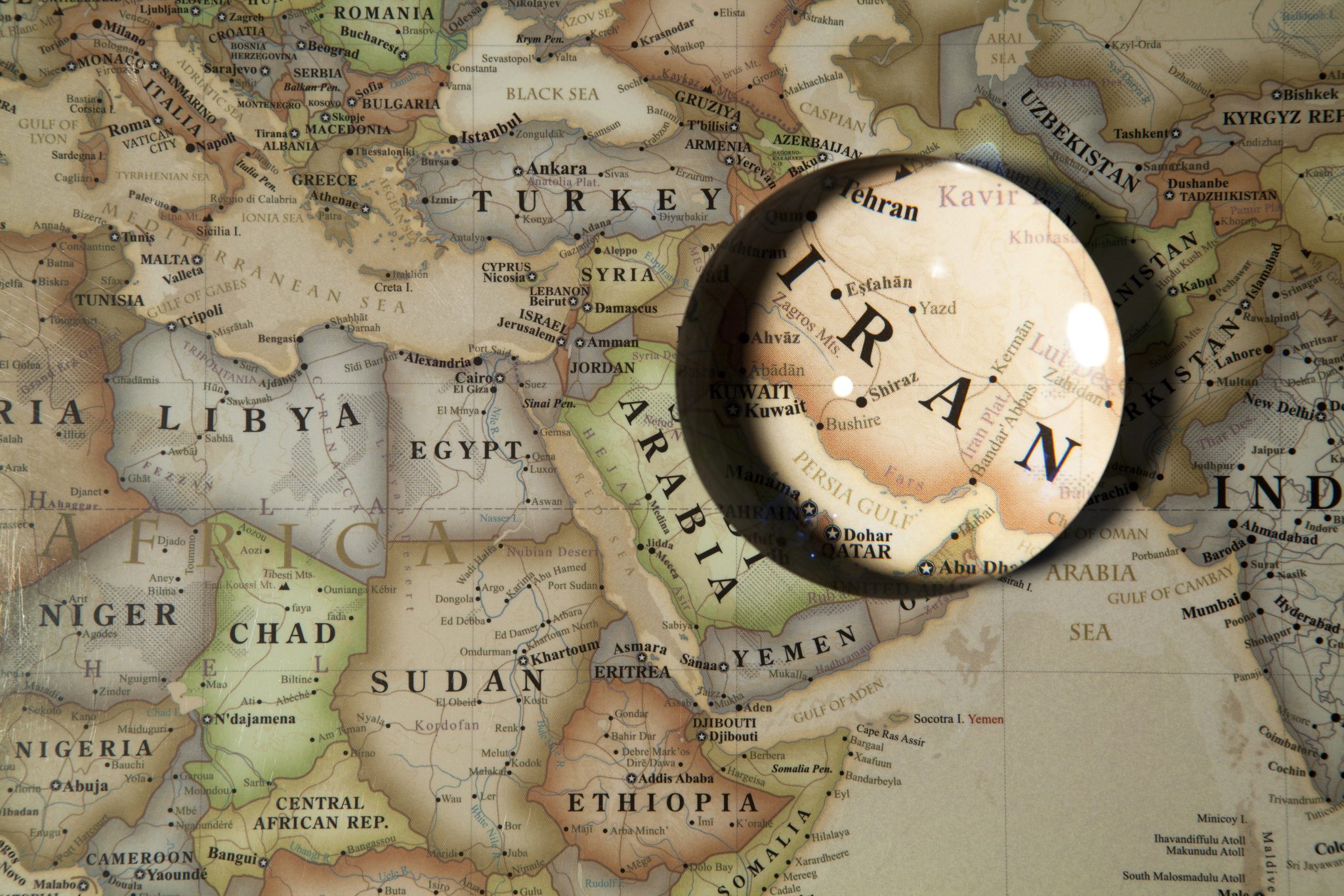Urgent: New Crisis Unfolds in Middle East

Iranian missile strikes in Israel have left 23 injured, escalating tensions with significant implications for Middle East security. What’s next in this unfolding crisis?
At a Glance
- Iranian missiles struck three areas in Israel, including Tel Aviv, injuring at least 23 people.
- The missile attacks were in retaliation to U.S. bombings of Iranian nuclear sites.
- Iran launched two waves of missiles, with more potential retaliation threatened.
- The international community is concerned about the broader implications for Middle East security.
Iranian Missile Strikes: A Turning Point
On Sunday, a series of missile strikes originating from Iran impacted three areas in Israel, including the bustling city of Tel Aviv. Twenty-three people were reported injured as a result of these attacks. These missile launches were reportedly in retaliation to recent U.S. strikes on Iranian nuclear sites, which Iran sees as a provocative disruption to ongoing efforts at diplomacy.
Iranian Foreign Minister Abbas Araghchi declared, “The United States and Israel decided to blow up diplomacy when they launched strikes on our nuclear sites.” Such a statement only highlights the charged climate between these nations.
Israel responded decisively, with military forces promptly intercepting additional incoming missiles. The capacity for immediate reactions in such volatile situations underscores the criticality of preparedness and rapid response in conflict-prone regions like the Middle East.
Global Reaction and Concerns
Global leaders and international bodies are expressing concern over these developments. The UN Secretary-General Antonio Guterres termed the U.S. actions as a “dangerous escalation,” fearing that the conflict could spiral out of control. There are mounting concerns over potential threats to regional peace, especially with entities like Yemen’s Huthis threatening to attack U.S. ships if further strikes occur.
President Donald Trump on Saturday warned Iran to not respond after US strikes targeted its main nuclear enrichment facilities in attacks he called a ‘spectacular military success.’
The response has varied across the region: Bahrain has instructed government employees to work from home, reflecting caution, while Qatar warns of catastrophic consequences from the U.S. actions. Regional players like Saudi Arabia and Oman have also shown discontent, highlighting the widespread implications of these tensions.
What Lies Ahead?
The situation remains precarious, and the potential for further escalation is real. Iran has announced intentions for additional missile launches targeting Israeli sites, invoking an inevitable cycle of retaliation. Meanwhile, Israel raises its alert level in response to these threats, aiming to safeguard its citizens.
The plea for peace and diplomacy becomes ever more crucial, unifying international efforts in the hopes that dialogue can temper the emerging conflict. Vigilance, preparedness, and cautious diplomacy are watchwords for the coming days as the world watches anxiously.
